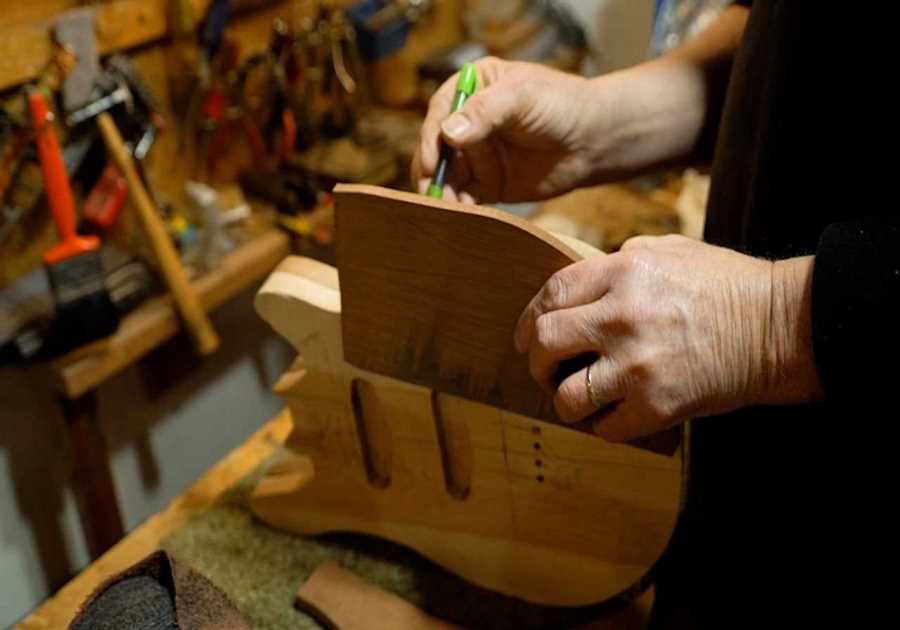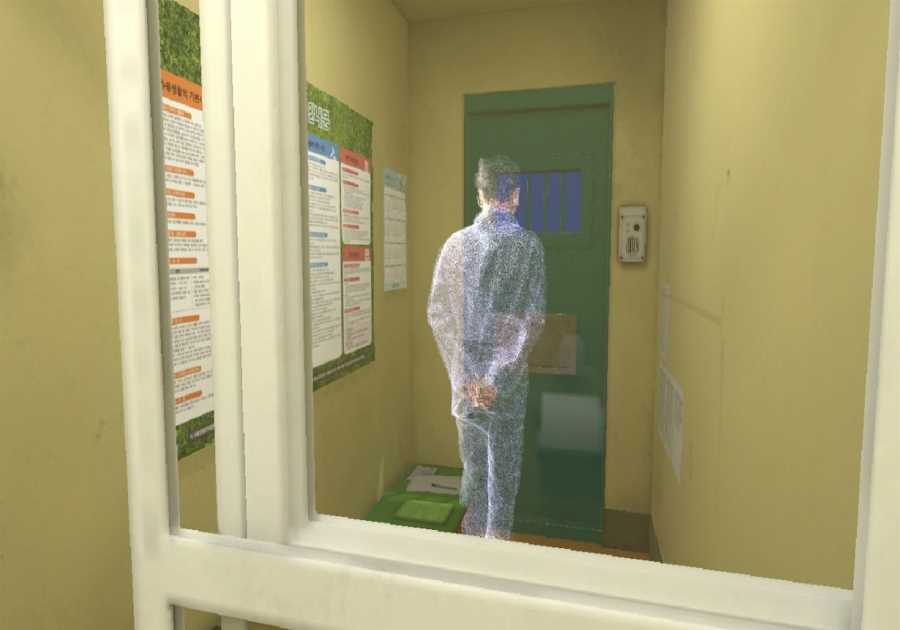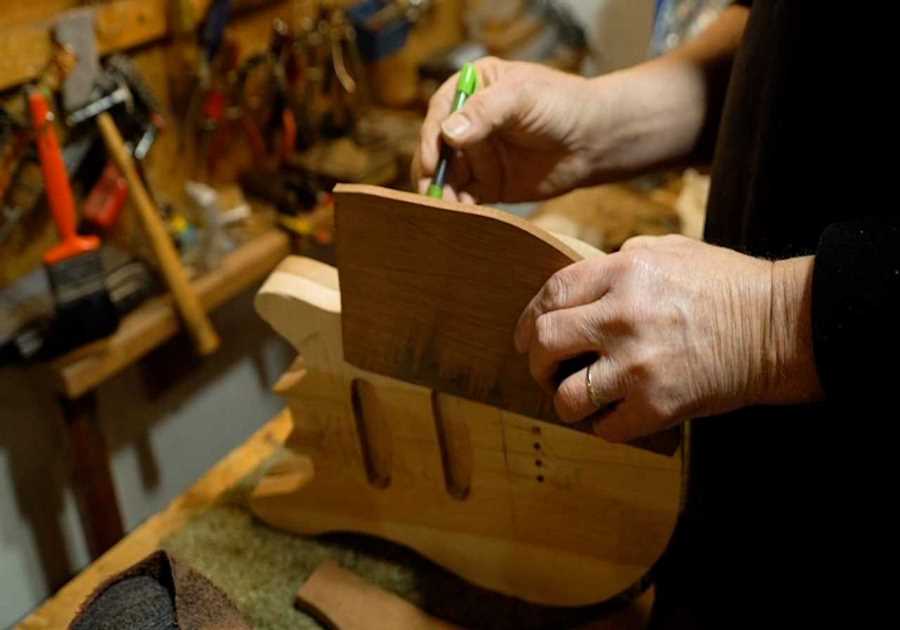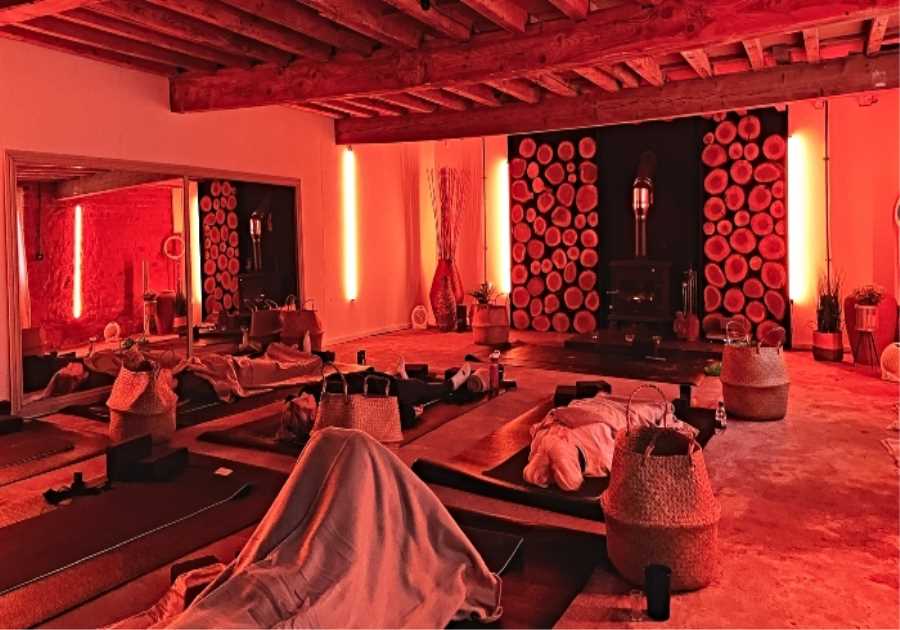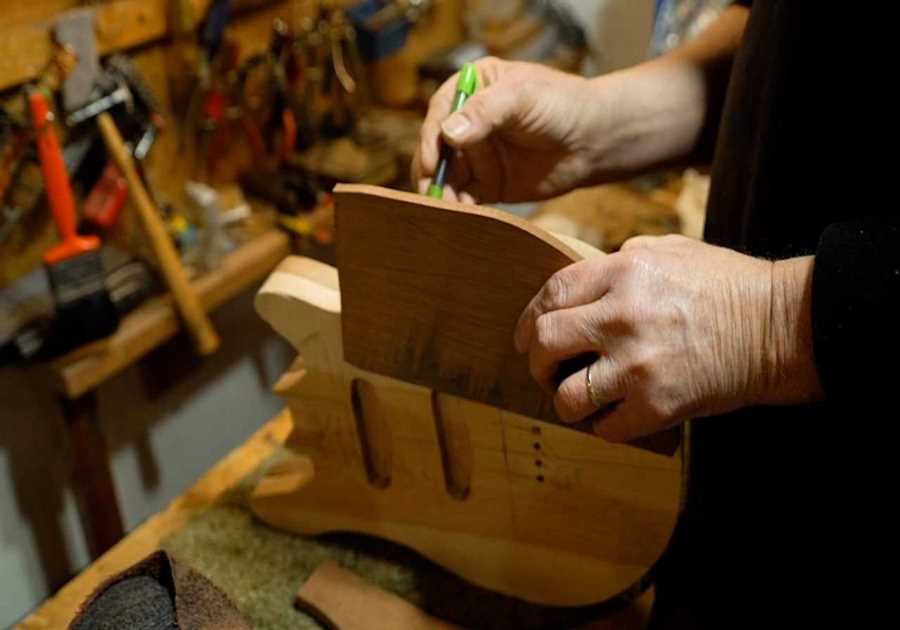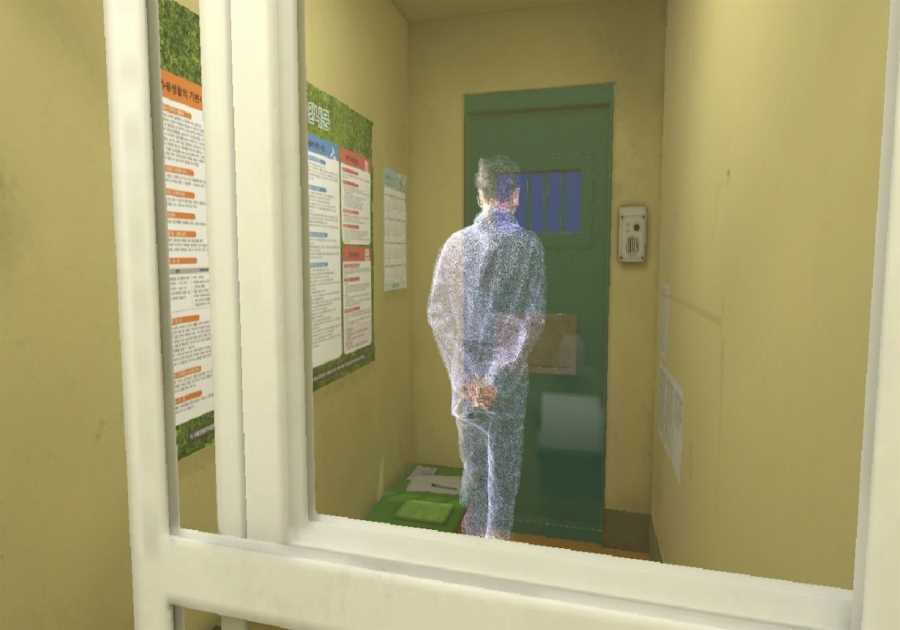As a Buddhist practitioner and teacher, I have sat in silence with hundreds of other yogis on my meditation cushion, maturing my ability to live in gentle and wise awareness, sometimes day after day, for months without ever speaking to the yogi who was sitting next to me. It was comforting in me to know that despite our racial appearance we had somehow landed on our pillows and opened our hearts together. In my eyes this is a miracle.
But over the years, when I participated in a Dharma community attended and led mostly by whites, I often felt my heart quake and my stomach contract after white teachers and yogis from a lack of awareness of them spoke even as racial beings. I have never heard of white teachers making blatant racist comments with the intention of causing harm. Rather, there was a more subtle forgetfulness of whiteness than collective reality and its privileges and implications, and the assumption that we were all or wanted to be the same. In those moments, despite my best efforts, I would be reminded of race and invisibility and plunge into a whirlwind of anger, confusion and despair.
I had experienced intense bruises and racial disorders from such ignorance that led to a breakup. This particular type of separation reflected not only a separation of races but also a separation of hearts. Consciousness – or unconsciousness – that supports racial suffering cuts people from our hearts. We then try to live as if “cutting” doesn’t hurt. We pretend we’re not bleeding from the wounds of separation as we walk through our lives in search of freedom and contentment, and we’ve convinced ourselves that we can live apart – from the planet and from each other – and still whole, happy and peaceful.
It was sobering to realize that being in a sea of racial ignorance wasn’t going to go away anytime soon. Then I started pondering: my freedom obviously doesn’t depend on white people waking up to their ignorance, does it? Obviously, my freedom is more immediate and in my hands, right? Right! I was reminded of something Toni Cade Bambara had written in The Salt Eaters:
Are you sure honey that you should be fine? . . . This is the only way you are safe, darling, and ready to be healed, because wholeness is no small thing.
I asked myself: What would it take for me to live in a world of racial ignorance, to be healthy and healthy, and not to shut others out of my heart? Such an idea of freedom was in my hands and became my oath of allegiance. No small thing! And more accessible through the Dharma.
But what does that mean and what does it look like when we get involved as a Sangha – as a community?
ONs i would discover in Theravada Buddhism, Mindfulness (or Vipassana Meditation) is the technology to move from entanglement in suffering to curiosity. In this practice we learn to know what is happening while it is happening. We become still and turn our attention inward to become more aware of our body and breath, our emotions and our thoughts.
The practice supports awareness without interference and without distortion, elaboration or judgment. A process, not an easy goal, to be sure. bell hooks shed beautiful light on mindfulness practice: “Knowing how to be lonely is central to the art of loving. If we can be alone, we can be with others without using them as an escape route. “
There were many things that I found powerful about mindfulness meditation – mainly that it assumes that we perceive our experiences with an understanding that whatever we are aware of has a nature that Buddhism considers the three characteristics of Existence describes:
- The nature of impermanence (anicca): Change is constant and all phenomena arise and pass.
- The nature of selflessness (anatta): there is no permanent or reliable self; we are a series of ever-changing elementary processes that all arise and pass.
- The nature of unreliability, ungovernability, and dissatisfaction (dukkha): “Shit happens,” and things will not always go our way.
I have a simple mantra to remind myself of these laws of nature: Life is not personal, permanent, or perfect.
Through mindfulness meditation, I discovered that awareness can ride the energies of persistent and disturbing thoughts and emotions without interference or personalization. I found out that old trauma and pain came out of hiding and I could then honor and resolve them. I discovered that I could endure vulnerability and calm with tenderness, and I came to know deeply the ease and joy regardless of my circumstances.
Not only was this a steady and powerful realization in the practice of sitting meditation, but this understanding also had a major impact on how I dealt with the harsh realities of everyday life. Reminding myself that life is not personal, permanent, or perfect has kept me from falling into despair and destroying spaces with anger. It invites me to pause and turn inward. It gives me the opportunity to ask myself, “What’s going on? Where are you now Do you take this situation personally – as a personal experience rather than a human experience? Is that how people felt before you? Where else in the world do people feel similarly packed? Do you think how it is now will it always be? Are you saddened by insisting that this situation here and now is different from what it is? How can you take care of the pain you are in at this moment? “
What kind of freedom it was: not to be held in a firm grip by anger, defense and fear; to have a way to turn inward, to break free from red alert bondage, always ready to deal with my anger.

Adapted from Black and Buddhist: What Buddhism Can Teach Us About Race, Resilience, Transformation, and Freedom edited by Pamela Ayo Yetunde and Cheryl A. Giles © 2020 by Pamela Ayo Yetunde and Cheryl A. Giles. Reprinted in consultation with Shambhala Publications, Inc. Boulder, CO.
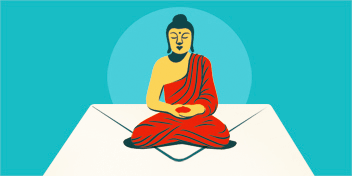
Get Daily Dharma in your email
Start your day with a new perspective
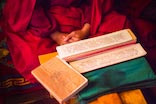
Discover timeless teachings through modern methods.
With Stephen Batchelor, Sharon Salzberg, Andrew Olendzki and more
See our courses

Thank you for subscribing to Tricycle! As a nonprofit organization, we rely on readers like you to keep Buddhist teachings and practices widely available.
Did you miss our previous article...
https://yogameditationdaily.com/meditation-retreats/michael-jamieson-vom-olympischen-podium-zu-tiefen-depressionen-und-zum-abschluss

